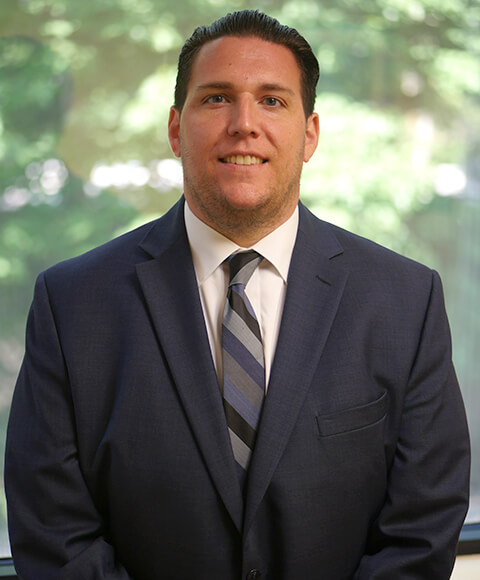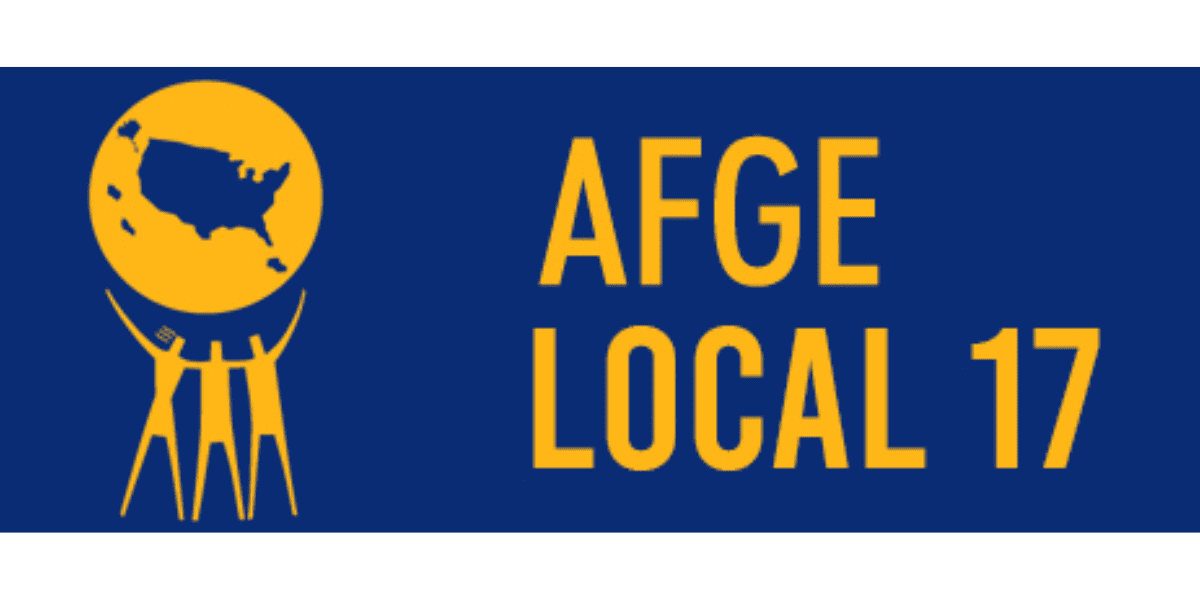The U.S. Supreme Court will weigh in on whether cities can ban people from sleeping outside when shelters are unavailable.
It’s the first time in decades the nation’s highest court has heard a case related to homelessness.
This one stems from a rural Oregon city that started fining people nearly $300 in an attempt to manage the growing homeless population. The court’s opinion on the matter could have sweeping implications.
Dozens of people rallied outside the Supreme Court on Monday.
Inside, liberal-leaning justices cast doubt on whether municipalities should be able to punish homeless people for sleeping outside when shelter is available.
“It’s really a simple question,” Justice Elena Kagan said. “Can you criminalize homelessness? And you’re suggesting ‘yes, you could.’”
Conservatives on the panel are skeptical as to whether the status of homelessness deserves constitutional protection.
“What if the person finds that person in a homeless state because of prior life choices, or the refusal to make future life choices?” Justice Samuel Alito said.
Policies such as these have been struck down by courts in California and other western states, where leaders are struggling to manage a growing number of encampments in public spaces.
“That’s a basic human right, to have a place to sleep,” said Liz Hitt, executive director at Homeless and Travelers Aid Society.
It’s a debate advocates across the country are watching closely.
“Putting these kind of mandates on a place to sleep is abhorrent. We can’t criminalize homelessness,” Hitt said.
For more than four decades in New York, cities are required to provide temporary housing for every homeless person who asks for it.
“The number of unsheltered people proportionally is much lower here than almost any place on the west coast, or any place else in the country for that matter,” Hitt said.
But it doesn’t mean the Empire State is immune to issues related to homelessness, nor the implications of a Supreme Court opinion.
“This decision would have impacts, because it is Supreme Court decision, not only in the western states but also in New York,” said Derrick Hogan, partner at Tully Rinckey PLLC.
The Supreme Court is expected to hand down a decision in June.





